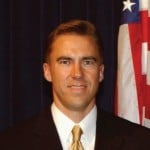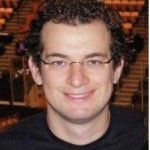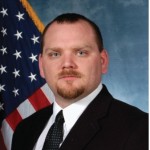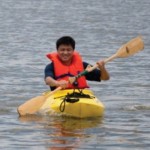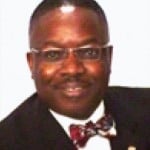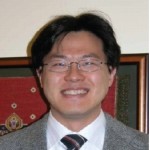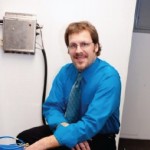 The Department of Mechanical Engineering – Engineering Mechanics Graduate Seminar; Thursday, Jan. 16, 2013, 4:00 – 5:00 p.m. Room 112, ME-EM Bldg.,
The Department of Mechanical Engineering – Engineering Mechanics Graduate Seminar; Thursday, Jan. 16, 2013, 4:00 – 5:00 p.m. Room 112, ME-EM Bldg.,
Jeremy Worm, Research Engineer, Michigan Tech University
Title: Hands-On Education with The Michigan Tech Mobile Lab
The Michigan Tech Mobile Lab is a one-of-a-kind educational facility. The lab is used for providing hands-on discovery based educational experiences. As such, the lab is used for teaching hands-on college courses, professional short courses, and STEM outreach. With light and heavy duty ground vehicles, powertrain test cells, a chassis dynamometer, benchtop activities, and advanced instrumentation systems, the lab can be used for a wide range of engineering subjects. This seminar will provide an overview of the lab, its capabilities, and will look at the specifics of one of the hands-on experiments students conduct in the lab.
Jeremy Worm, is a Research Engineer and Instructor in the Department of Mechanical Engineering – Engineering Mechanics at Michigan Tech, where he received his BS and MS degrees. Prior to joining the Michigan Tech Staff, Jeremy was a Senior Engineer at GM Powertrain. At GM Jeremy focused on combustion analysis, development of variable valve timing systems and operational strategies, and was the Lead Development Engineer for a new engine in a hybrid vehicle. At Michigan Tech, Jeremy remains active in the field of powertrain research, has developed and teaches several courses in the area of powertrain research and hybrid vehicles, and directs the Michigan Tech Mobile Lab. Jeremy is a licensed Professional Engineer, has authored or co-authored 22 publications, has 2 patents, has received a best paper award, and has been inducted into the Michigan Tech Academy of Teaching Excellence.

